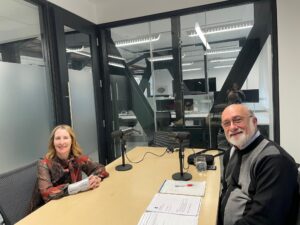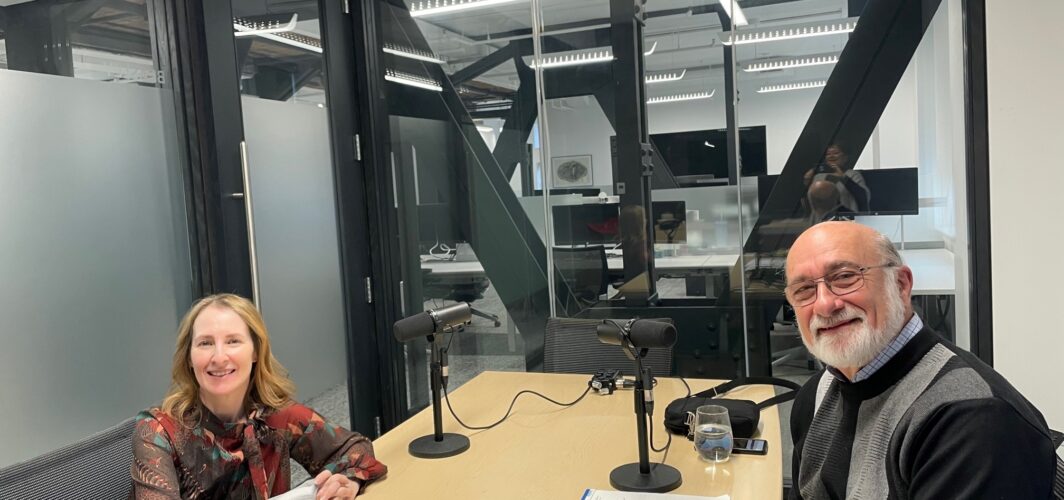

Sun Safety Tips from an Expert
The sun’s out, and like most of us, you’re probably itching to get outside to soak up the nice weather. Enjoying the sun’s rays can increase our risk of cancer; however, there’s good news, too. Most skin cancers are preventable.

On “Sun Safety Tips from an Expert,” an episode from the Cancer Assist Podcast’s archives, Dr. Bill Evans sat down with Dr. Elaine McWhirter, Associate Professor in the Department of Oncology at McMaster University, to talk about sun-safe practices we can all use to reduce our risk of dangerous UV exposure.
“We don’t want people to be sun scared. We want you to be safe,” says Dr. McWhirter, highlighting a number of myths and misconceptions about safeguarding your skin against cancer risks.
During the summer months and leading into fall, you might think the most dangerous days are behind us; however, Dr. McWhirter warns that it’s important to be vigilant all year round, especially April through October. Dr. McWhirter suggests wearing sunscreen with an SPF of 50 and reapplying after 2-3 hours (or more often if you’ve been swimming or perspiring heavily). She also encourages listeners to do their favourite outdoor activities earlier in the morning or later in the day to avoid the most dangerous window of 10 a.m. to 4 p.m.
McWhirter adds that checking one’s own skin for cancer can be simple, following the ABCDE of skin assessment: A (Asymmetry), B (Border), C (Colour), D (Diameter), and E (Evolution or Elevation). Click to read more about accessing your own skin.
Listen to the complete episode of “Sun Safety Tips from an Expert” for more information on the various types of skin cancer, dramatic changes in treatment for individuals with metastatic melanoma, and practical advice including how to read sunscreen labels.
Other episodes of the Cancer Assist Podcast are available here or simply download the Apple, Google, or Spotify app on your mobile device to listen on the go!
The Cancer Assist Show is hosted by Dr. Bill Evans, MD, FRCP, Board Member, Cancer Assistance Program and Past President, Juravinski Cancer Centre. It’s brought to you by the Cancer Assistance Program.

